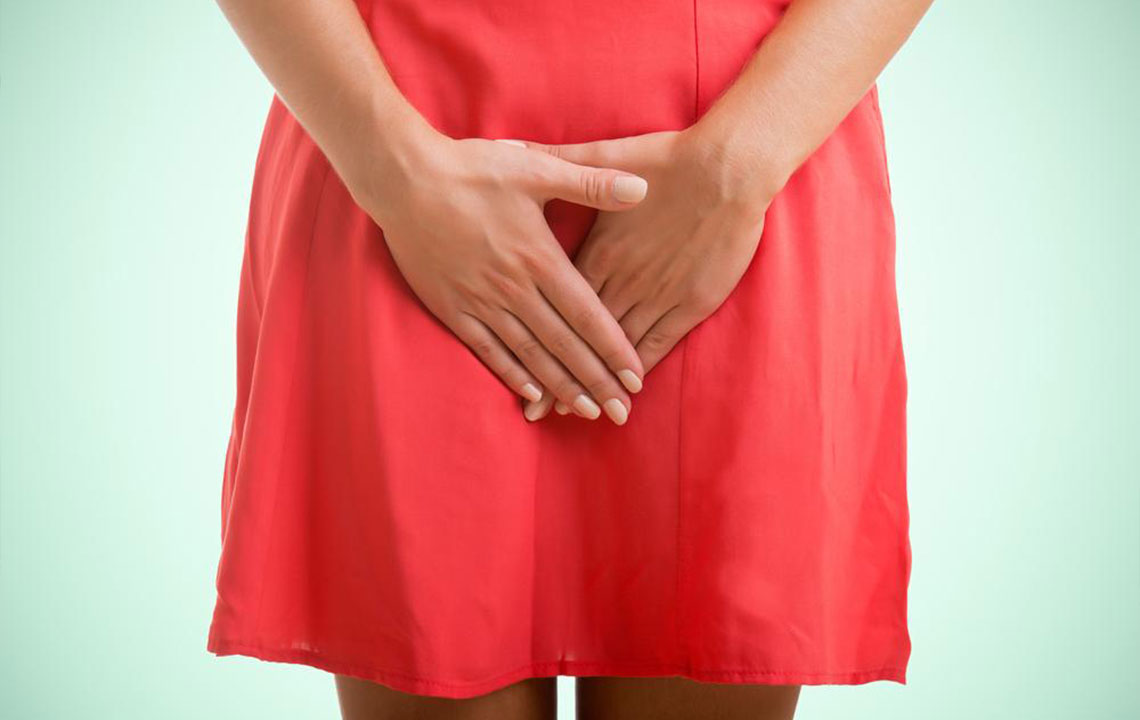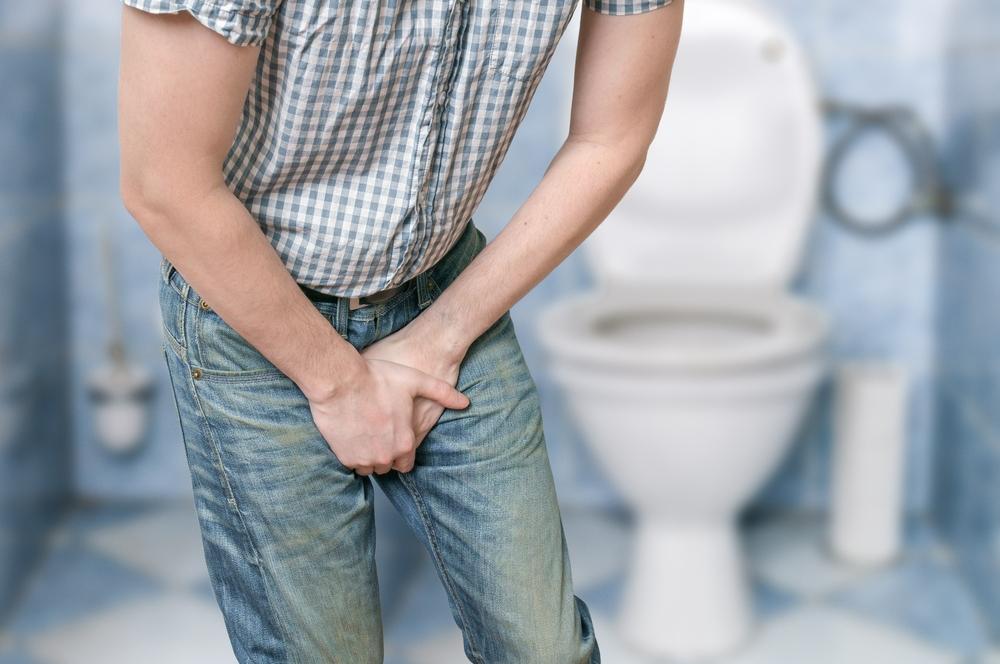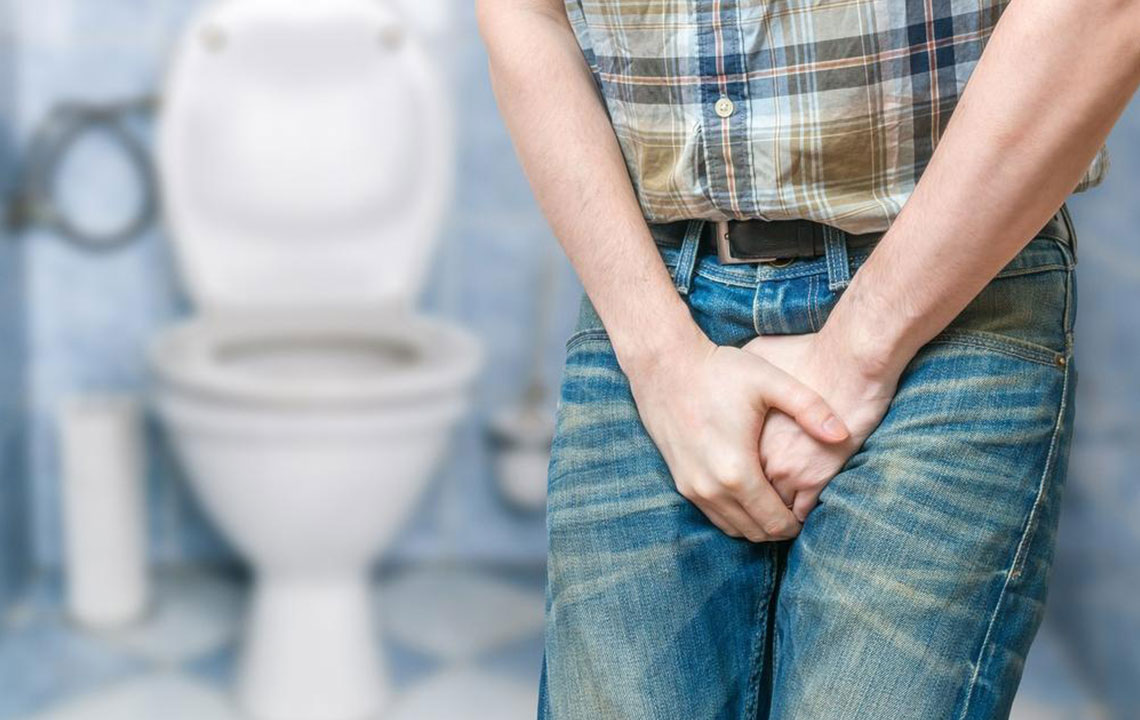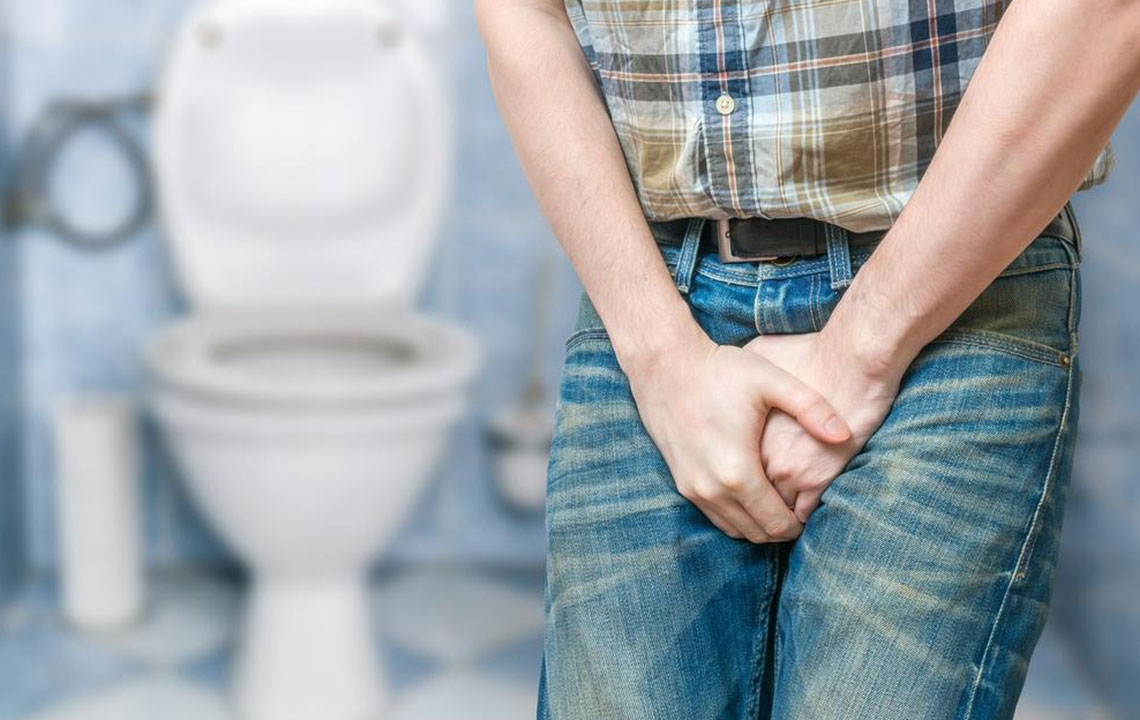Understanding and Managing Frequent Urination in Women
Frequent urination in women is commonly caused by infections, overactive bladder, weak pelvic muscles, diabetes, or pregnancy. Proper diagnosis and treatment, including lifestyle modifications and medications, can effectively manage symptoms. Consulting healthcare professionals is essential for personalized care and effective relief from this common issue.

Understanding and Managing Frequent Urination in Women
Frequent urination is characterized by needing to urinate eight or more times a day. Both men and women can experience this condition due to various health issues.
Common Causes:
Women frequently face urination issues caused by different medical factors.
Urinary tract infections (UTIs), caused by bacterial invasion of the bladder, are a primary reason. Factors such as dehydration, delayed voiding, improper hygiene, pregnancy, sexual activity, and diabetes can lead to UTIs.
Overactive bladder (OAB) is another prevalent cause, especially in women. OAB can be triggered by estrogen deficiency during menopause, excess weight, neurological issues like multiple sclerosis, or injuries.
Weak pelvic muscles impair bladder control, leading to increased urination urges. This weakness often arises after pregnancy or with aging.
Diabetes causes heightened urination as the body tries to eliminate excess glucose.
Interstitial cystitis results in pelvic and bladder pain and causes frequent urination, though its exact cause remains unknown.
Pregnancy naturally increases urination frequency due to uterine expansion pressing against the bladder.
Conditions like bladder stones, cancers, and effects of radiation therapy may also contribute to frequent urination.
Treatment Options:
Addressing frequent urination involves treating its root cause.
For example:
If OAB is diagnosed, lifestyle adjustments, bladder strengthening exercises, and dietary changes are recommended.
Antibiotics effectively treat UTIs, alleviating urination issues.
Managing diabetes helps reduce excessive urination by controlling blood sugar levels.
While bothersome, frequent urination can often be managed successfully through medical care and lifestyle modifications.










